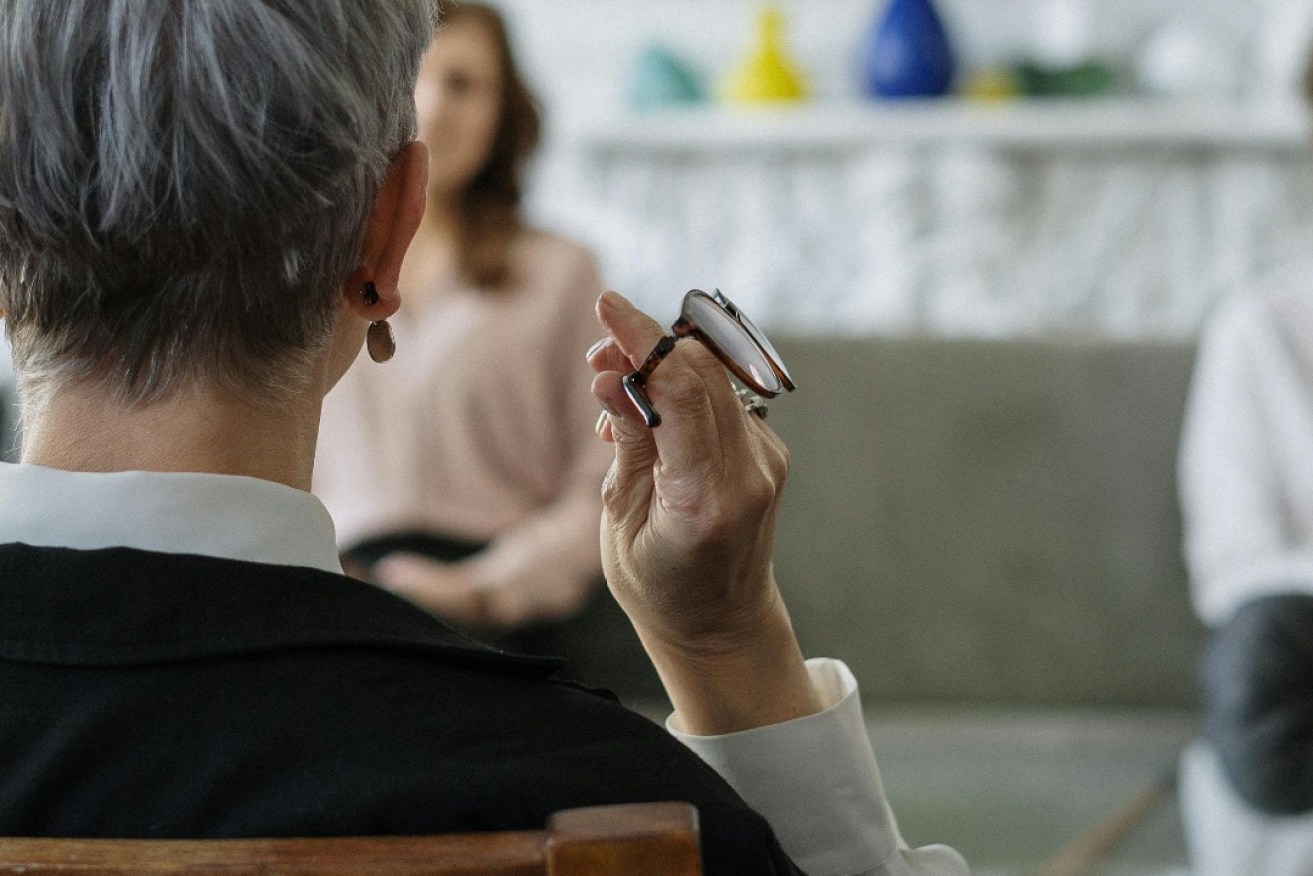Four in 10 SA psychiatrists are considering leaving the profession
A new study from the national peak body for psychiatrists paints a “very disturbing” picture, with many considering leaving the profession as workforce shortages impact patient care.


Photo: Pexels.
A survey of 1269 psychiatrists nationwide, of which 143 were South Australian, found 69 per cent were experiencing multiple symptoms of burnout over the past three years.
Further, 40 per cent of the South Australian psychiatrists surveyed said they were considering leaving the profession altogether in the next five years – the second highest level after Western Australia.
Chair of the South Australian branch of the Royal Australian & New Zealand College of Psychiatrists (RANZCP) Dr Patrick Clarke said the findings underscored the severity of the workforce shortage in the state’s mental health system.
The findings also follow the release of a study into the South Australian mental health sector, which revealed it would cost $125 million per year to fund support services for 19,000 people who cannot get the assistance they need.
Clarke said the RANZCP’s findings – which also revealed that 77 per cent of South Australian psychiatrists felt “exhausted and drained all the time” – were “very disturbing”.
“The workforce is quite stressed and it is affecting their performance… particularly with the older psychiatrists and specialists,” he told InDaily.
“Both the public and the private sector are considerably strained. I hear from my colleagues in the public sector where there are enormous demands in terms of demands for beds, and that leads to bed block… and ramping, but also there’s a huge concern in the private sector as well.
“If you ring up any private psychiatric practice in Adelaide and ask for an appointment, you’d struggle to get one for a few months and that is across the board. It’s particularly bad for child psychiatry and for people looking for things like management of ADHD.”
Clarke said long wait times were also impacting general practitioners, who often had to see patients for mental health issues in place of available psychiatrists.
“I’ve been working in private since ’97, and I have a whole cohort of GPs who refer to me and for about the last three or four years I’ve struggled to actually serve them properly, and that’s a terrible situation to be in because I know that they are struggling to deal with a lot of these patients and I feel like I’m letting them down,” he said.
“It really doesn’t make for a positive attitude towards the system.”
Of the 143 psychiatrists surveyed, RANZCP also found that 83 per cent who experienced symptoms of burnout said they had reduced work satisfaction and loss of motivation to work.
Clarke said the issue was alive pre-COVID, but the pandemic “found us out”.
“For a long time we have relied on recruiting doctors from overseas – both general practitioners and specialist doctors – and there were two years where we had a hard border and we couldn’t do that,” he said.
“Then the rest of us were under considerable stress, and as you can see from the survey, that probably has contributed to burnout and people looking to retire early.”
Clarke called on both the federal and state governments to work together to “ensure that the mental health facilities are adequately resourced, with targeted and sustainable investment in the psychiatry workforce”.
The RANZCP in January made a pre-Budget submission to the federal government, calling for $7.06 million to fund the Psychiatry Interest Forum for a further 6.5 years to attract more trainees to the specialty.
It also wants an additional $23.9 million allocated to expand the Psychiatry Workforce Program to support an additional 45 trainee and training supervisor posts, among other calls for funding of training programs.
“We need to attract medical students into psychiatry, we need to increase the number of trainees because you can’t make a psychiatrist unless the trainee has employment, and that will be in the public sector,” Clarke said.
“In South Australia, we’ve asked for an extra seven training positions to be set up as a priority, and that would increase our numbers of trainees doing first year from 23 to 30, and that would make a significant difference.”




